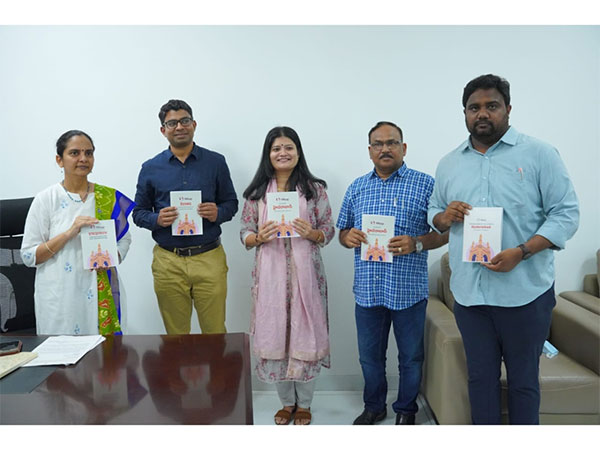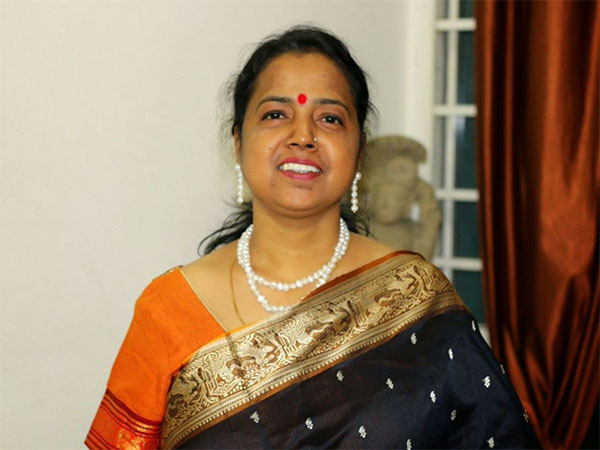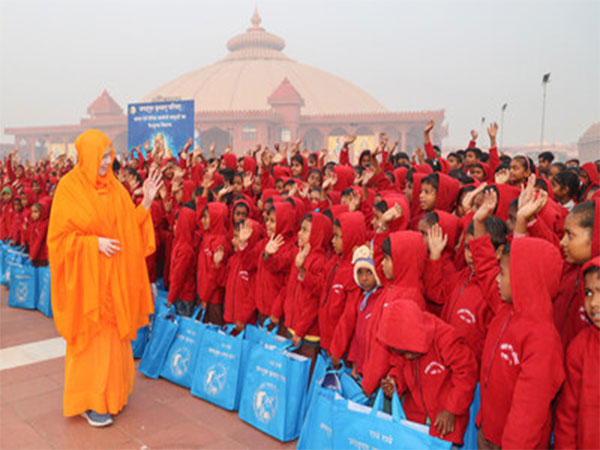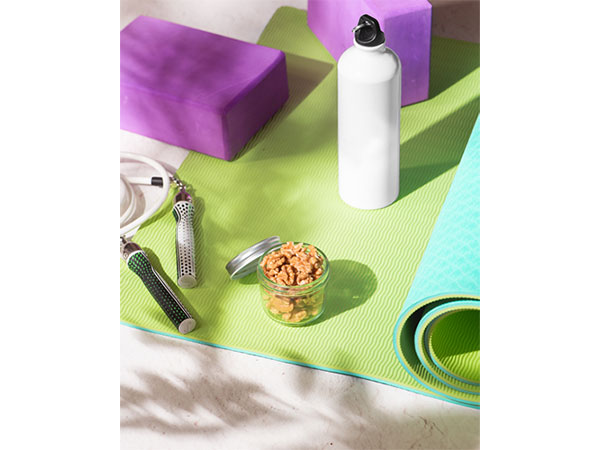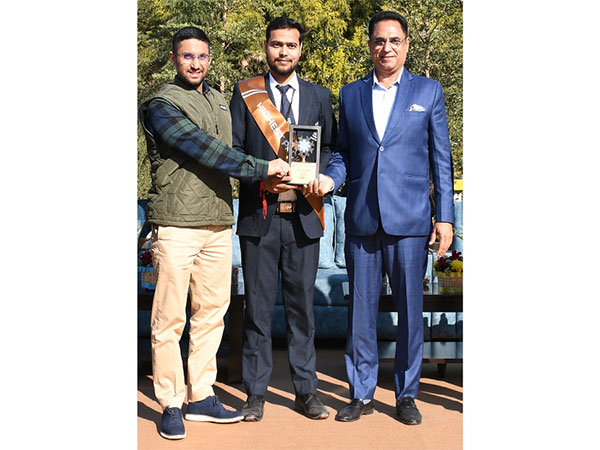As cyclone Chido waned, baby Chido was born in Mayotte home
Dec 20, 2024
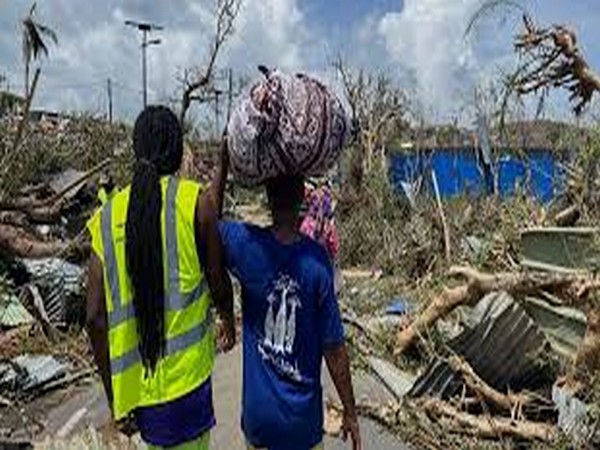
Mayotte [France], December 20: Early last Sunday, after a night spent working at a small Mayotte maternity ward as a vicious storm devastated the French islands, midwife Lucie Gerard learned that a stranded woman was giving birth in a nearby home.
After a 20-minute dash through the debris-strewn streets, she arrived at the house, only to learn that the baby boy had just been born.
His mother had named her seventh child Chido, after the previous night's storm, the most powerful cyclone to hit Mayotte in nearly a century.
"I was two minutes late," Gerard said with a smile.
"The baby was born at 8.45 and I arrived at 8.47."
Mayotte, an archipelago in the Indian Ocean off East Africa, is officially home to 320,000 people.
However, the true number may be much larger due to difficulties in counting undocumented migrants, mainly from Comoros and Madagascar, estimated to be 100,000-strong.
High birthrates and immigration have turned Mayotte, France's poorest overseas territory, into the country's fastest-growing department.
Mayotte's main hospital in the capital Mamoudzou houses France's busiest maternity ward, with a child born once an hour, French Interior Minister Bruno Retailleau said this week.
Three-quarters of mothers there are without papers, Retailleau said. But many other undocumented mothers, fearful of getting deported, choose to give birth at their homes in the scruffy shantytowns that were flattened by the storm.
Chido's mother declined to speak with Reuters reporters who located her at her home in Barakani, a small town in the west of Mayotte's main island.
Chido and his mother are in good shape, a neighbour said.
Gerard's clinic is not.
In the five days after the storm, the Kahani medical centre delivered 18 babies and examined eight infants born at home.
But as of Thursday it was still without water, and largely without electricity. Two small diesel generators ran essential equipment like incubators for premature newborns and an ultrasonic device.
The centre's head, Adrien Cussac, said they had to turn away some patients, including a person who suffered a stroke and a quadriplegic man who they could not help.
The fridges for medication, vaccines and blood samples were not operational, forcing staff to store everything in a special insulation box.
The spokesperson for Mayotte's healthcare body did not respond to requests for comment.
Midwife Gerard said she was relieved no baby or mother had died at the clinic due to the tough conditions.
"We're delivering babies just with our strap-on head lamps," she said.
With deteriorating living conditions after the cyclone, and limited access to medical facilities, health officials said the risk of newborns suffering from infections and illnesses like tetanus and jaundice was rising significantly.
One woman who had given birth at her home on Saturday had lost her baby who was premature and could not survive without special care, said Imene Boukott, another midwife in Kahani.
Asked if she was thinking about leaving the island and returning to mainland France where she grew up, Boukott said no. "I somehow feel I'm needed here more than ever now."
Source Fijian Broadcasting Cooperation

